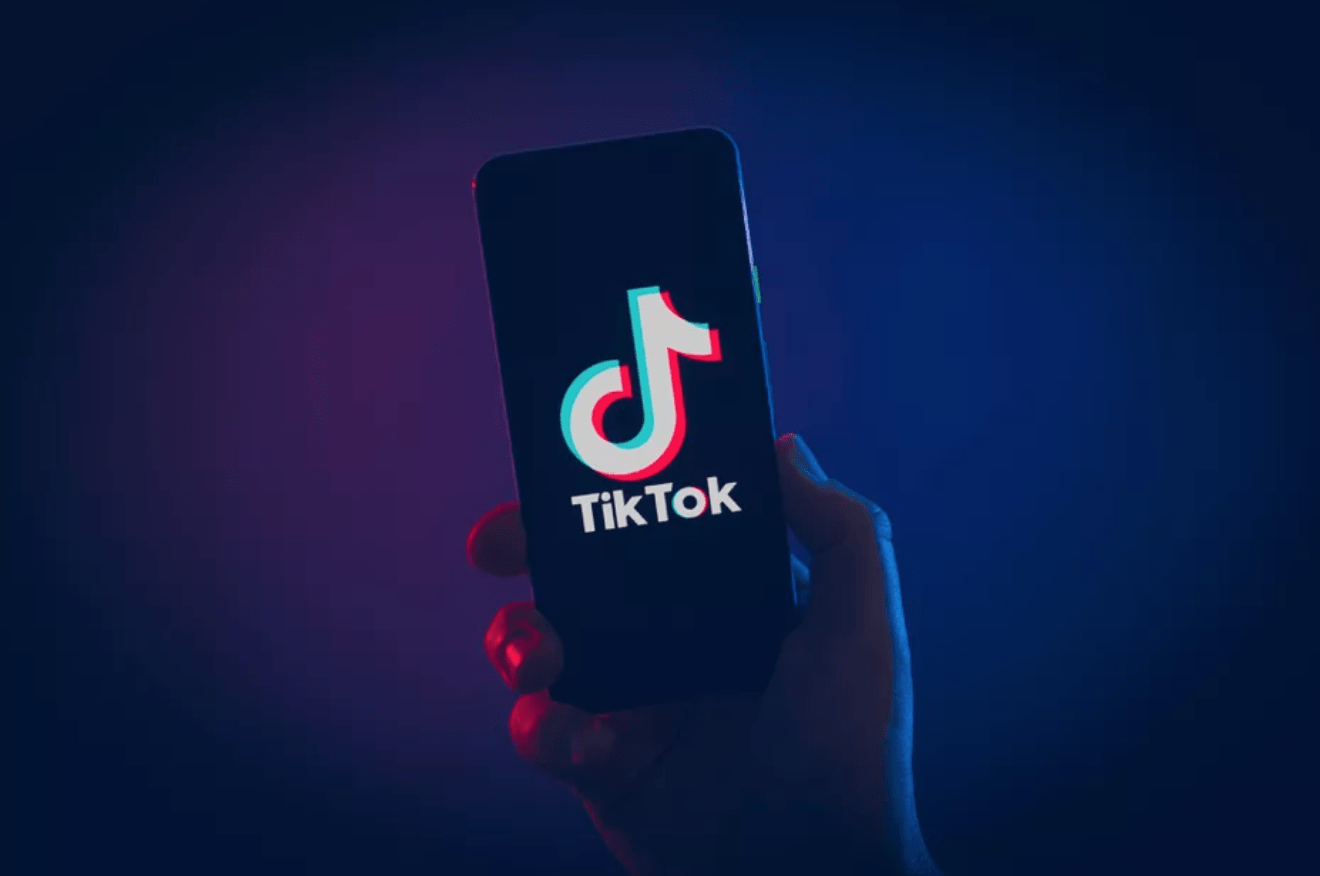Online privacy is a hot-button issue in today’s world. Whereas digital rights were once a niche topic, everyone is now aware of the importance of being vigilant about how our data is used. If you are someone who takes their digital privacy seriously, you should consider ditching TikTok.
What Is TikTok?
Contents
TikTok is the fastest growing social media platform among Gen-Z. It is rapidly becoming one of the biggest social media platforms in the world. The app began life as a video sharing platform where users could share short videos of themselves lip-syncing to their favorite songs. While the app is still used for this, it has also taken on a life of its own.
So, It’s Just Another Video Platform?
Not quite. In fact, there are a number of things that separate TikTok from your average video-sharing app. All social media platforms come with some significant security and privacy risks; any cybersecurity professional can tell you this. But there are reasons to view TikTok as an even greater threat to online security than most other platforms.
As is common for social media platforms, TikTok makes heavy use of artificial intelligence. This lets it analyze user behavior and provide a personalized feed. There are particular concerns around this app because of the way that the business is structured, and the developer’s history of serious security flaws, resulting in legal issues around the world.
Security Flaws
Israeli cybersecurity researchers found several serious security issues with the TikTok app. Their research revealed that it was possible for an attacker to access users’ personal information or impersonate TikTok to send users messages that contained malicious links. Clicking these links granted attackers complete control of user accounts, including access to their private videos. Another flaw discovered by the same research team enabled them to access private user data through TikTok’s website.
TikTok also landed itself in serious hot water with the federal trade commission when it was found to be in violation of COPPA. The FTC sued TikTok, alleging that it had illegally collected the personal information of users under the age of 13. Under the act, TikTok is legally obligated to ensure that children under the age of 13 obtain parental consent to use their services. TikTok eventually paid $5.7 million to settle the complaint and updated its procedures to be COPPA-compliant.
National Security Threat?
Several branches of the United States military have banned their members from installing TikTok on their smartphones because of the security concerns. These concerns predate the vulnerabilities found by researchers and are largely to do with TikTok’s parent company, ByteDance.
ByteDance is a Chinese company based in Beijing. Any business in China that wants to grow to the size of TikTok and ByteDance will only be able to do so with the blessing of Chinese Communist Party. TikTok itself is not officially available in China; the app is hosted entirely on servers located outside of the country. This is because TikTok is not compliant with Chinese censorship laws. But that doesn’t mean that the Chinese state is not interested in the data that flows through ByteDance’s networks.
State Collusion?
Lawmakers in the United States have long expressed concerns that TikTok is a tool of the Chinese state. They believe it collects data about American citizens while censoring information that Beijing doesn’t like. Like most nations, China has laws stating that it can compel private businesses to work with its intelligence agencies. However, China’s economic system means that the lines between private enterprise and state-owned enterprises are often blurred.
There are also concerns that TikTok could be sharing information with Chinese authorities about users who take part in dissident activities, such as the protests in Hong Kong. Topics like Tibet, Tiananmen Square, and the protests in Hong Kong have been aggressively censored by the platform. Meanwhile, pro-Chinese propaganda has been allowed to propagate and flourish, lending credence to the suspicions that the Chinese state has a hand in directing the company’s actions.
Should You Avoid TikTok?
In fairness to TikTok, they do appear to be responding to the concerns that users and lawmakers have raised about the way that they operate. The business recently hired lawmakers to help it develop content moderation guidelines that an international userbase can get behind. They have also affirmed that no data about US citizens is held in the United States, where it is accessible to authorities. Data is stored overseas with backups hosted in Singapore (not China).
For now, it seems that users who are concerned about their privacy should avoid TikTok altogether. If you have any moral qualms about surveillance and censorship, then TikTok is even worse than other social media platforms in these regards. While TikTok does seem to be making a genuine effort to address its shortcomings, it simply cannot be trusted in its current state.
TikTok is an app used by millions of people around the world, many of them children and teenagers. It is, therefore, essential that users and regulators are able to trust the parent company to handle private user data appropriately. In the future, TikTok’s international operations could be split off from the main business. But with a business the size of TikTok, it won’t be easy to find a buyer. For now, privacy-conscious users should avoid TikTok.


